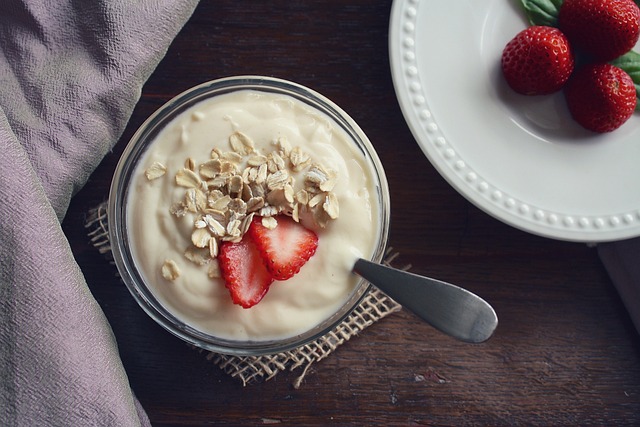Probiotics: The Secret to Flawless Skin
Probiotics have been a buzz word in health and wellness industry for the past few years. These beneficial bacteria can help improve digestion and boost immunity, but did you know that they can also help improve your skin?
Our gut and skin have a very close relationship. The gut microbiome is responsible for not only digestive processes but also plays an important role in our immune system and skin health. Good bacteria in the gut can help promote a healthy gut lining, improve nutrient absorption, and reduce inflammation. When our gut microbiome is imbalanced, it can lead to various skin issues such as acne, rosacea, eczema, and premature aging.
How Do Probiotics Help Our Skin?
Probiotics promote a healthy and diverse gut microbiome, which in turn helps improve our skin health. Here are some ways how probiotics can help our skin:
- Acne: Acne is primarily caused by inflammation in the gut. Probiotics can help reduce inflammation and improve gut health, ultimately leading to clear skin.
- Rosacea: Rosacea is a common chronic skin condition characterized by redness and inflammation. Probiotics can help strengthen the skin’s barrier function and reduce inflammation, leading to fewer flare-ups.
- Eczema: Eczema is a skin condition where the skin becomes inflamed, itchy, and cracked. Probiotics can help improve gut health and reduce inflammation, leading to relief from eczema symptoms.
- Premature Aging: Our gut microbiome plays an important role in our body’s ability to detoxify and eliminate toxins. When our gut is healthy, it helps eliminate toxins that can cause premature aging. Probiotics can help promote a healthy gut microbiome and ultimately lead to younger-looking skin.
What Are the Best Probiotics for Skin Health?
Not all probiotics are created equal, and some strains are more beneficial for skin health than others. Here are some of the best probiotics for skin health:
- Lactobacillus acidophilus: This strain is commonly found in the gut and can help improve gut health, reduce inflammation, and ultimately lead to clearer skin.
- Bifidobacterium bifidum: This strain can help improve gut health, boost immunity, and reduce inflammation, making it a great option for those with skin conditions like rosacea and eczema.
- Lactobacillus reuteri: This strain can help reduce inflammation in the gut and skin, making it a great option for those with acne-prone skin.
How Can You Incorporate Probiotics Into Your Skincare Routine?
Probiotics can be incorporated into your skincare routine in several ways:
- Topical Products: Probiotics can be applied topically in the form of serums, moisturizers, and masks. Look for products that contain lactobacillus or bifidobacterium strains for the best results.
- Oral Supplements: Taking an oral probiotic supplement can help improve gut health and ultimately lead to better skin. Look for supplements that contain the strains mentioned above.
- Foods: Incorporating probiotic-rich foods like yogurt, kefir, kimchi, and sauerkraut into your diet can also help improve gut health and promote healthy skin.
Conclusion
Probiotics can be beneficial for improving gut health, boosting immunity, and promoting healthy skin. When our gut microbiome is imbalanced, it can lead to various skin issues like acne, rosacea, eczema, and premature aging. Incorporating probiotics into your skincare routine can help improve your gut health and ultimately lead to healthier, clearer, and younger-looking skin.







